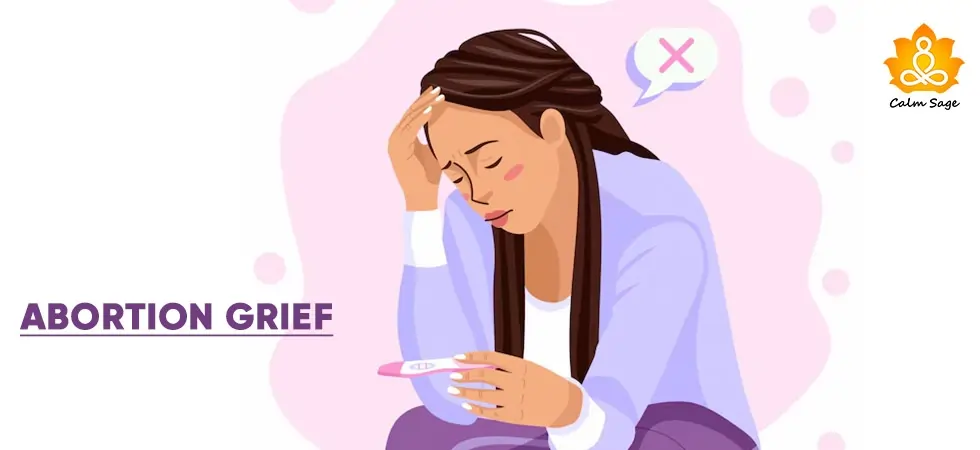Chronic Shame: What Is It And How to Let Go of It?

Shame is a familiar feeling; the hot flush on your cheeks after a social blunder, a pang of regret in your heart for a harsh word spoken. But what happens when this sense of shame lives constantly in your soul, weaving into your sense of self? The persistent and gnawing feeling of worthlessness becomes chronic shame.
Without realizing it, this chronic shame can impact how you interact with others, live your life, and even think. Chronic shame isn’t about a single mistake; it’s a deep-seated belief that says we’re flawed and unworthy. It’s a cloak that colors our perception and life.
But, before I can help you unravel the mystery behind chronic shame, I want to help you understand where this belief comes from – Core shame. This is a belief formed in our early childhood years, often through experiences of neglect, abuse, or invalidation. It whispers that we’re unlovable, unwanted, and just bad.
Unlike healthy shame, which motivates us to learn and grow, core shame is a relentless critic that keeps chipping away at our self-esteem. Now, let’s read on about chronic shame and its impact.
Chronic Shame: What Does It Mean?
Chronic shame is the persistent, long-term experience of core shame. It’s the feeling that you are fundamentally flawed and unworthy, regardless of your success. It keeps whispering negative messages such as “I’m not good enough”, “I’m a burden”, or “I’m undeserving of happiness”
Chronic shame can manifest itself in different ways. You might constantly compare yourself to others, feeling like a failure. You might isolate yourself, fearing rejection and humiliation. It can also cause you to engage in destructive behaviors to numb the pain.
Other examples of chronic shame include;
- You excel at your job yet feel like a fraud, constantly expecting to be exposed
- You push your loved ones away because you believe you’re undeserving of their love
The Origin of Chronic Shame
Various factors can contribute to the origin of chronic shame. Some common contributing factors can include;
1. Childhood trauma:
If you’ve experienced childhood trauma, emotional neglect, abuse, or bullying, then it can leave deep scars that manifest as chronic shame in your adulthood
2. Shaming environment:
Growing up in a household or living in an environment where criticism is normal can also erode your sense of self-worth, leading to chronic shame
3. Trauma:
Other traumatic experiences such as sexual assault, violence, or accidents can also trigger feelings of shame and powerlessness, especially when your experiences are left invalidated
4. Social expectations:
Living in a society where perfection is emphasized and where appearances are everything can foster feelings of inadequacy and give birth to chronic shame
Chronic Shame and Depression: Is There a Link?
Chronic shame and depression are often intertwined. The constant negativity and self-criticism associated with chronic shame can sow the seeds of hopelessness and worthlessness, key symptoms of depression.
Moreover, if you’re struggling with chronic shame, then you might want to isolate yourself, further worsening depressive symptoms.
Not only depression but chronic shame can be linked to other mental health disorders as well. Chronic shame can be a contributing factor to mental health issues such as;
- Anxiety
- Eating disorders
- Addiction
How to Let Go of Chronic Shame?
Healing from chronic shame might not seem like it, but it’s possible. Here are some ways you can let go of shame and live your life with your head held high;
1. Challenge your negative beliefs
You first need to recognize the little critical voice in your head and challenge the beliefs it keeps spouting. If you don’t have evidence to support your negative beliefs, then it’s better to acknowledge them and then let them go. Without validity, the beliefs hold no power.
2. Be self-compassionate
Next, you need to learn to treat yourself with the same respect and kindness you would offer a loved one in need. Understanding yourself and your struggles is a good start in letting go of your chronic shame and healing your heart and soul.
3. Develop healthy coping skills
You need to now find healthy and productive ways to manage the emotions swirling in your heart. You can resort to exercising, mindfulness meditation, or engage in creative expression to let go of the sense of shame, powerlessness, and worthlessness you feel in your heart. Out of heart, out of mind, right?
4. Seek professional support
If you still feel a sense of shame and can’t seem to let go of your core shame belief, then it’s best if you reach out to a professional for support. Therapy can provide you with tools and support for healing from chronic shame.
Wrap Up…
Chronic shame is a heavy burden to carry, but you don’t have to bear it all alone. Understand the root of chronic shame – core shame, and how it impacts your sense of well-being. When you know where chronic shame comes from, you can take proactive steps to heal and let go of it. With self-compassion and professional help, you can break free from shame and build a life of self-worth, self-love, and self-acceptance.
Did this article help you learn more about chronic shame, what it is, and how to let go of chronic shame? Let us know your thoughts and views in the comments below. We look forward to hearing from you!
Take Care!




















